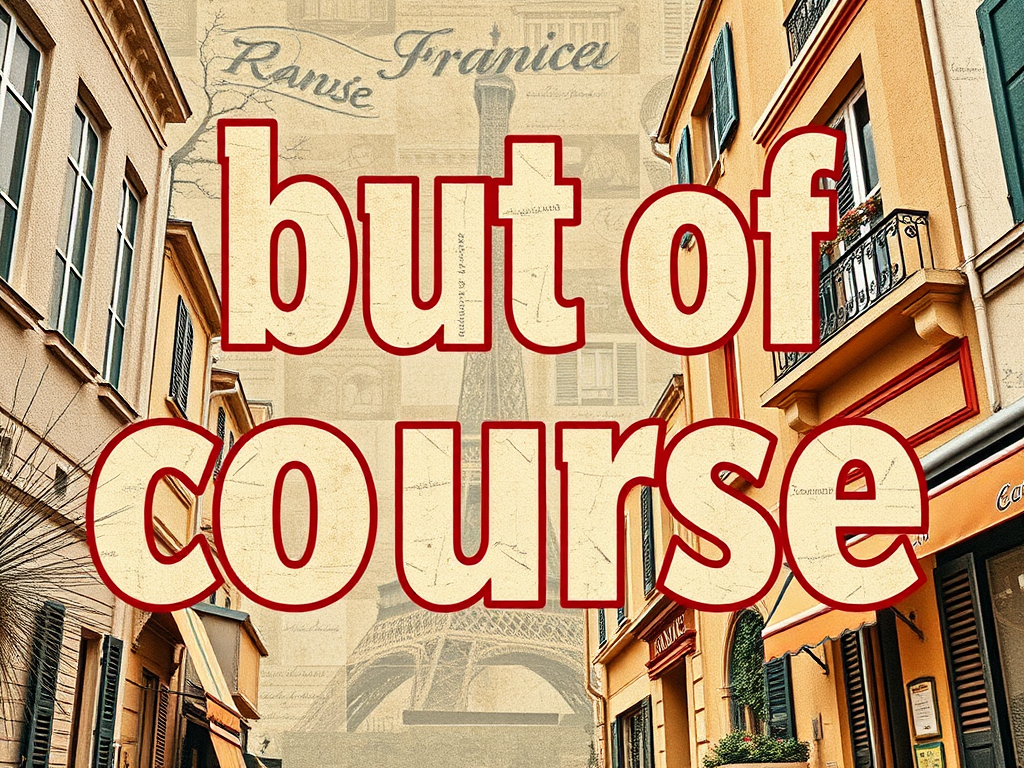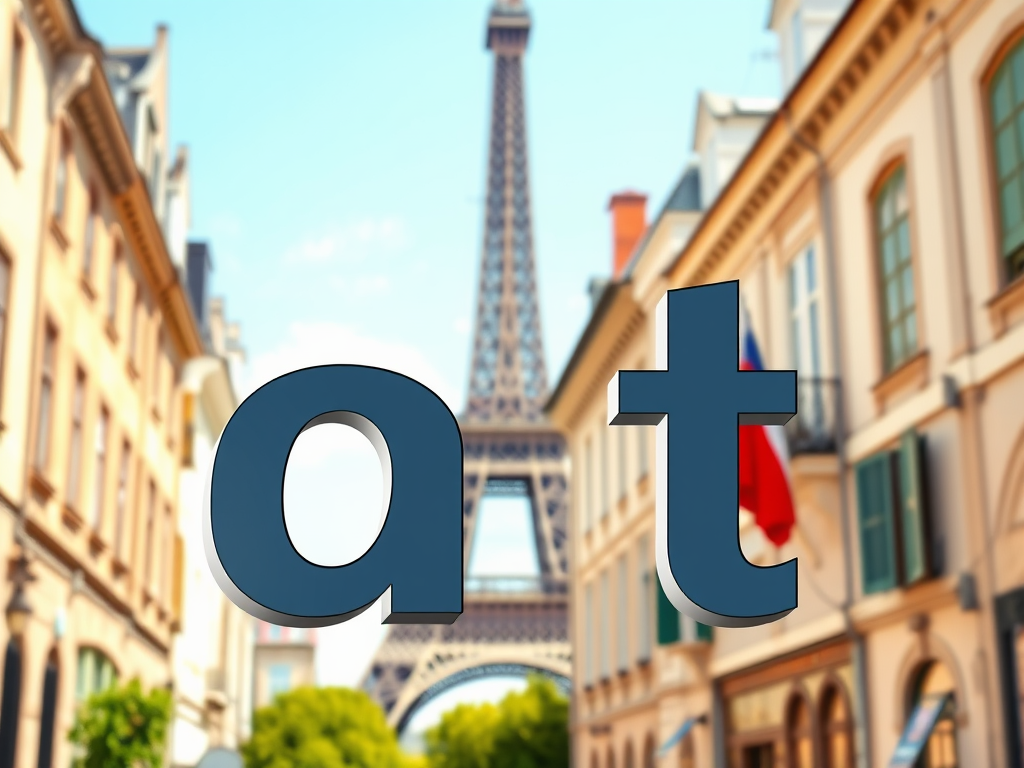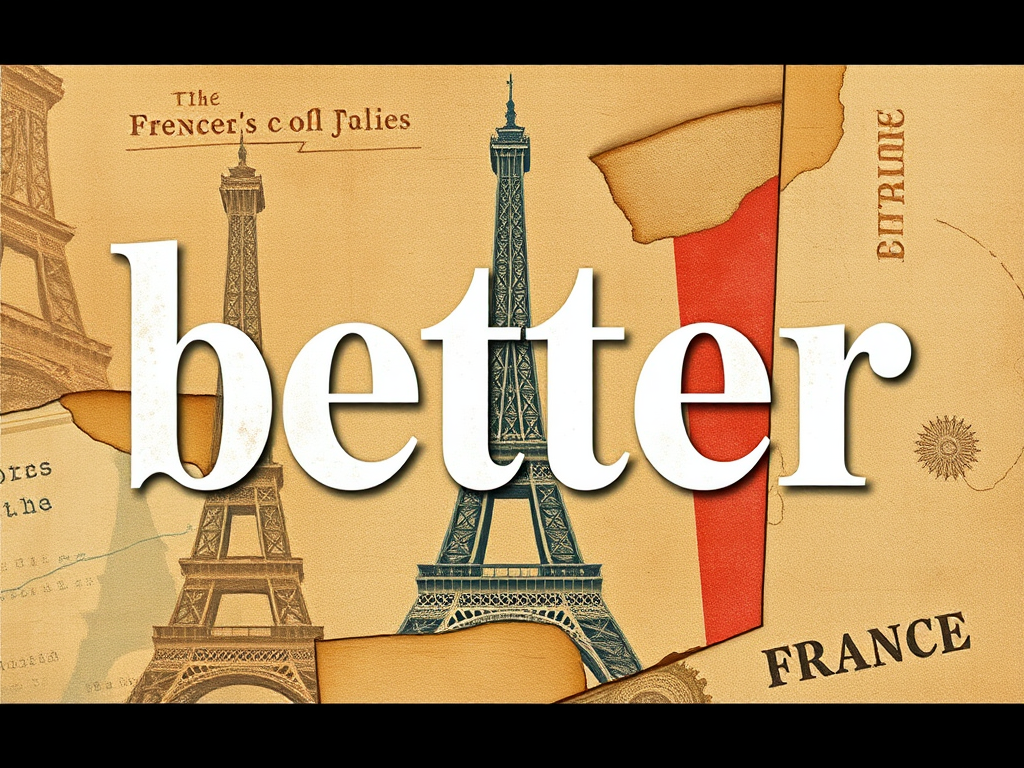Of course in French

In French, the phrase "of course" can be translated in several ways, depending on the context and level of formality. The most common translations are "bien sûr" and "évidemment," but there are other options as well. Let's explore the various ways to express this concept in French and how to use them appropriately.
Common translations for "of course" in French
Formal and informal options
Bien sûr This is the most common and versatile translation of "of course" in French. It can be used in both formal and informal situations.
Example: "Puis-je emprunter votre stylo ?" "Bien sûr !" (Can I borrow your pen? Of course!)
Évidemment Another common translation that works well in formal and informal contexts. It has a slightly stronger emphasis than "bien sûr."
Example: "Tu viendras à ma fête d'anniversaire ?" "Évidemment !" (Are you coming to my birthday party? Of course!)
Certainement This option is slightly more formal and can be used in professional or polite settings.
Example: "Pouvez-vous m'aider avec ce dossier ?" "Certainement, je serai ravi de vous aider." (Can you help me with this file? Of course, I'd be happy to help you.)
Informal and colloquial options
Mais oui A more casual way to say "of course" that adds emphasis and can express slight impatience.
Example: "Tu te souviens de notre rendez-vous demain ?" "Mais oui, je n'ai pas oublié !" (Do you remember our appointment tomorrow? Of course, I haven't forgotten!)
Carrément This informal option is more emphatic and can be translated as "absolutely" or "totally."
Example: "Tu aimes le chocolat ?" "Carrément !" (Do you like chocolate? Of course!)
Here's a table summarizing the different translations:
| English | French | Pronunciation (IPA) |
|---|---|---|
| Of course | Bien sûr | /bjɛ̃ syʁ/ |
| Of course | Évidemment | /e.vi.da.mɑ̃/ |
| Of course | Certainement | /sɛʁ.tɛn.mɑ̃/ |
| Of course | Mais oui | /mɛ wi/ |
| Of course | Carrément | /ka.ʁe.mɑ̃/ |
Using "of course" in French conversations
When using these expressions in French, it's important to consider the context and your relationship with the person you're speaking to. In formal situations or when speaking to someone you don't know well, stick to "bien sûr," "évidemment," or "certainement." For casual conversations with friends or family, you can use any of the options, including the more informal "mais oui" and "carrément."
Remember that French speakers often use body language and tone of voice to emphasize their agreement. A nod of the head 🙂 or a friendly smile 😊 can accompany your "of course" to make your meaning even clearer.
By mastering these different ways to say "of course" in French, you'll be able to express agreement and enthusiasm in various situations, making your French conversations more natural and expressive.






